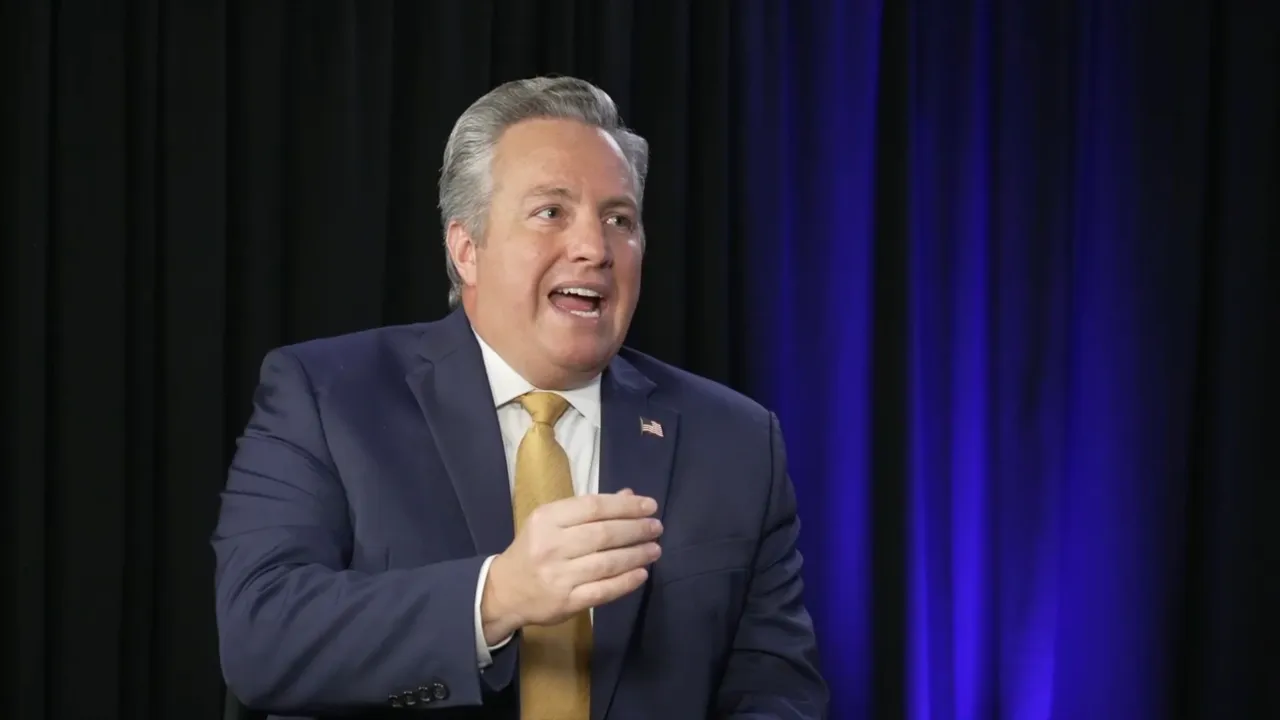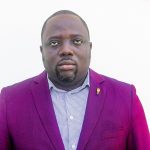A number of Liberian politicians have been subject to sanctions by the U.S. government, which claims they are corrupt and are threatening democracy in the country of West Africa. Americans and Liberians alike have expressed fury and condemnation over the penalties, which they view as unwarranted and ineffective and which include asset freezes and travel restrictions.
Among those targeted by the sanctions are former House Speaker Emmanuel Nuquay, Senate President Protempt Albert Chie, and Finance Minister Samuel Tweah of Liberia. According to the U.S., they engaged in “serious” corruption, including giving a mining contract to a Liberian concessionaire instead of an American one and prohibiting the American company from using the Liberian rail system.
The sanctioned officials and others who stand by them, however, have refuted the accusations and charged that the United States has invaded Liberia’s sovereignty and interfered in domestic matters. They contend that the sanctions are intended to influence the 2024 presidential race and are driven by political and economic concerns.

A prominent opponent of the sanctions, presidential candidate Rollan Roberts claimed that the penalties were evidence of “systematic, institutional, abusive corruption” in the United States and that the country was attempting to “bully” and “intimidate” Liberia into complying with its wishes. He added that enraged Liberian-Americans prepared to renounce their U.S. citizenship had called his office about the penalties, and if elected, he would lift them.
Additionally, Roberts contended that the sanctions were damaging and ineffectual because they would force Liberia to ally with nations like the BRICS (Brazil, Russia, India, China, and South Africa) and drive away commerce, business, and goodwill from the United States. He claimed that sanctions were an inappropriate tactic in the modern world and that the US dollar did not have the same power as it formerly did.
He urged the United States to cooperate with Liberia as a friend and partner rather than as an employer and subordinate, and to respect Liberia’s democracy and sovereignty. He stated that while corruption existed everywhere and that there was no such thing as a faultless nation, America stood out because it was seen as the world’s “beacon of hope” and the “gold standard.” He called for the United States to put an end to its own corruption and “start doing right as a nation again.”
Liberian-born Emmanuel Orlind Cooper is an accomplished multimedia journalist with extensive experience covering news and stories on a variety of media platforms. Orlind's work frequently demonstrates his profound grasp of the region and its complexity, given his Liberian heritage.
Now residing in Woodbridge, Virginia, he keeps connecting with readers across continents with his perceptive journalism and sharing his viewpoint. He is well-respected in the sector because of his unwavering commitment to honesty and morality, which sets him apart in the field.
Orlind's work is more than simply his job; it's a dedication to giving voice to the voiceless, illuminating unsung tales, and advancing the worldwide conversation on important concerns. His goal as a journalist is to use the media's power to change the world, not just to disseminate information. He is a key player in modern journalism because of the inspiration, education, and engagement that his work consistently provides.


